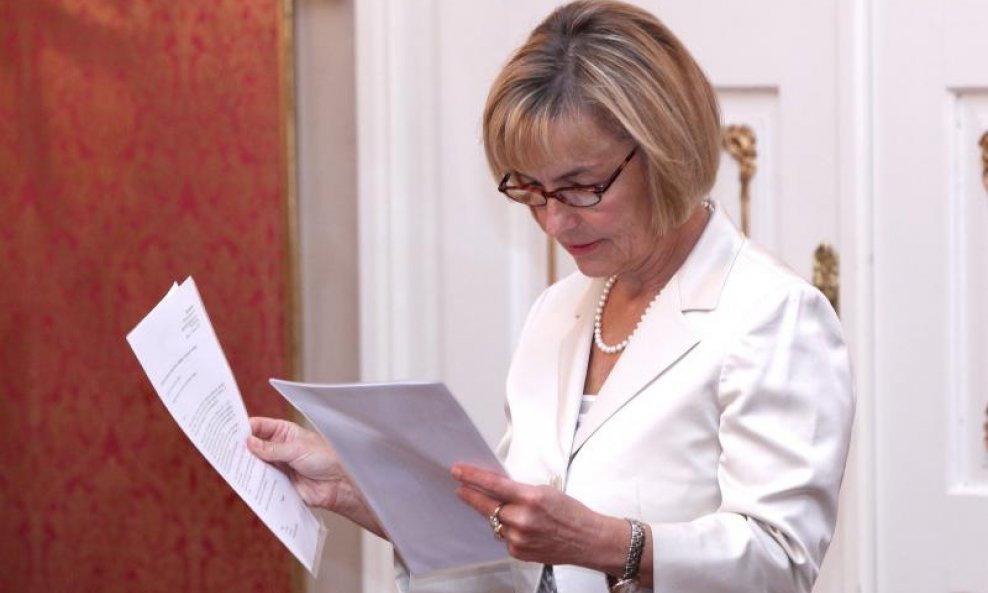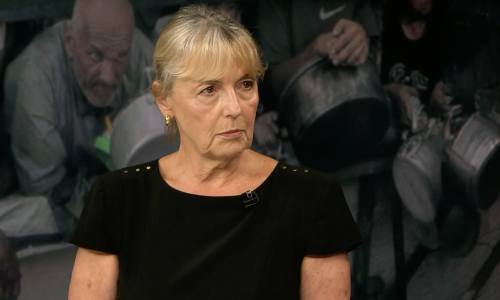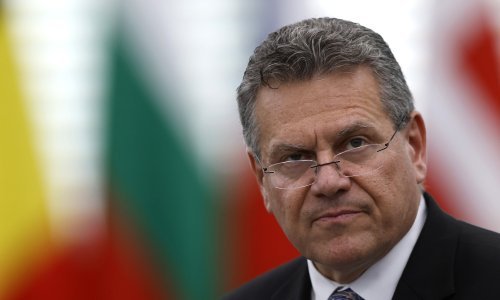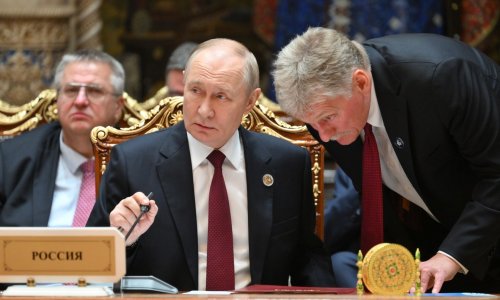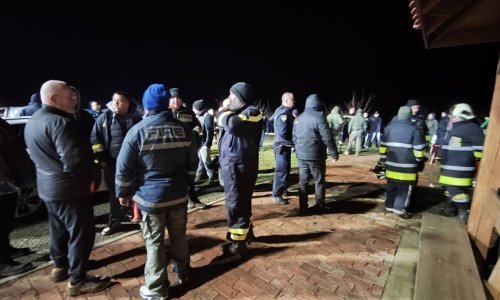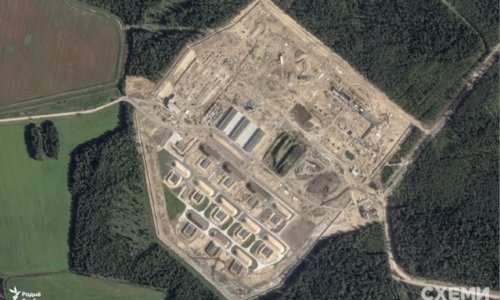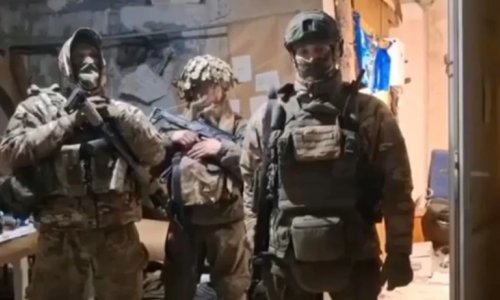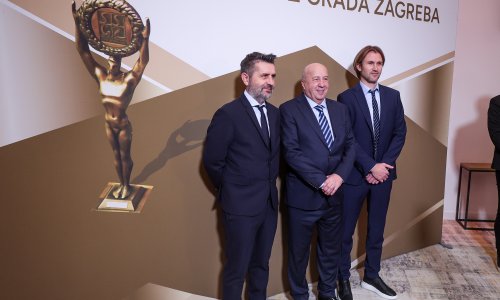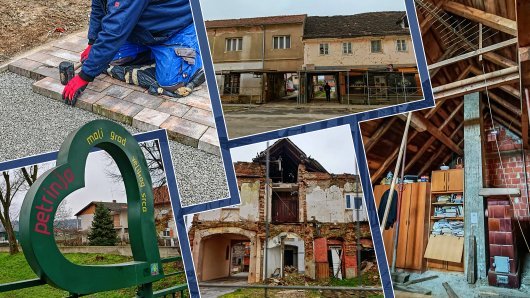The only remaining potential difficulty in completing the process of ratifying Croatia's Treaty of Accession with the European Union is the Ljubljanska Banka issue that may complicate the ratification of the treaty in Ljubljana, but it is possible that the issue may be solved by the end of this month, Croatia's Foreign Minister Vesna Pusic said in Brussels on Monday but she declined to prejudge the outcome pertaining the matter.
During her visit to Brussels, Minister Pusic held talks with a few European Commissioners on finalising the remaining tasks which Croatia should fulfill in the run-up to its admission to the EU, scheduled for 1 July.
"The only remaining outstanding issue, a potential difficulty, is the issue of the Ljubljanska Banka, namely the ratification of the treaty in Slovenia. We have been intensively working on it since this past spring, we have so far had five different initiatives about possible solutions. Our financial experts will meet again on 22 January, and we will see how it will be settled," the Croatian minister said.
Asked whether the experts Zdravko Rogic and France Arhar, appointed by the Croatian and the Slovenian governments, might find a solution at their meeting on 22 January, Pusic answered in the affirmative.
"I think that it is possible to find a solution, but I cannot prejudge the outcome, as it does not depend only on the financial experts but also on the willingness of the two governments to accept the proposals they recommend. If both governments accept the solution, Croatia is ready to withdraw the power of attorney in lawsuits against Ljubljanska Banka," she said.
In Brussels, Pusic held talks with the High Representative for Foreign Affairs and Security Policy, Catherine Ashton, Enlargement Commissioner Stefan Fuele, Commissioner for Inter-Institutional Relations and Administration Maros Sefcovic, and Commissioner for Competition Joaquin Almunia.
The Croatian Minister said that Commissioner Fuele had told her that according to information available to him from Croatia, a final monitoring report which the European Commission is to release on 21 March, would be positive.
The Fuele-Pusic meeting took place within the framework of regular contacts between the Commission and Croatia to discuss the last steps in preparations for EU accession and in view of the publication of the Commission's Monitoring Report in March 2013.
According to a press release issued by the office of Commissioner Fuele, the two interlocutors "focused in particular on the state of play regarding the ten priority areas identified by the Commission in its October Comprehensive Monitoring Report. These priority issues refer to the areas of judiciary and fundamental rights, and justice, freedom and security and competition policy."
The European commissioner "expressed appreciation for the progress achieved in the short period of time since the publication of latest monitoring report in October and reiterated that Croatia must continue its efforts in the coming months in order to ensure that all outstanding obligations are fulfilled and Croatia completes its preparations before the accession. He noted with satisfaction that the ratification of the Accession Treaty by the Member States has advanced."
The Commissioner was also quoted as urging "intensified efforts between Croatia and Slovenia to find a mutually acceptable solution to the Ljubljanska banka issue as soon as possible."
Minister Pusic said that she had informed her hosts in Brussels that Croatia had so far fulfilled eight out of those 10 identified tasks.
"The remaining two tasks are the adjustment of border crossings at the entrance to and exit from Neum and the shipbuilding sector," Pusic said.
She announced that on 21 January, Croatian Economy Minister Ivan Vrdoljak would meet Commissioner Almunia for talks on that sector and the planned privatisation of the Brodosplit shipyard in Split.



